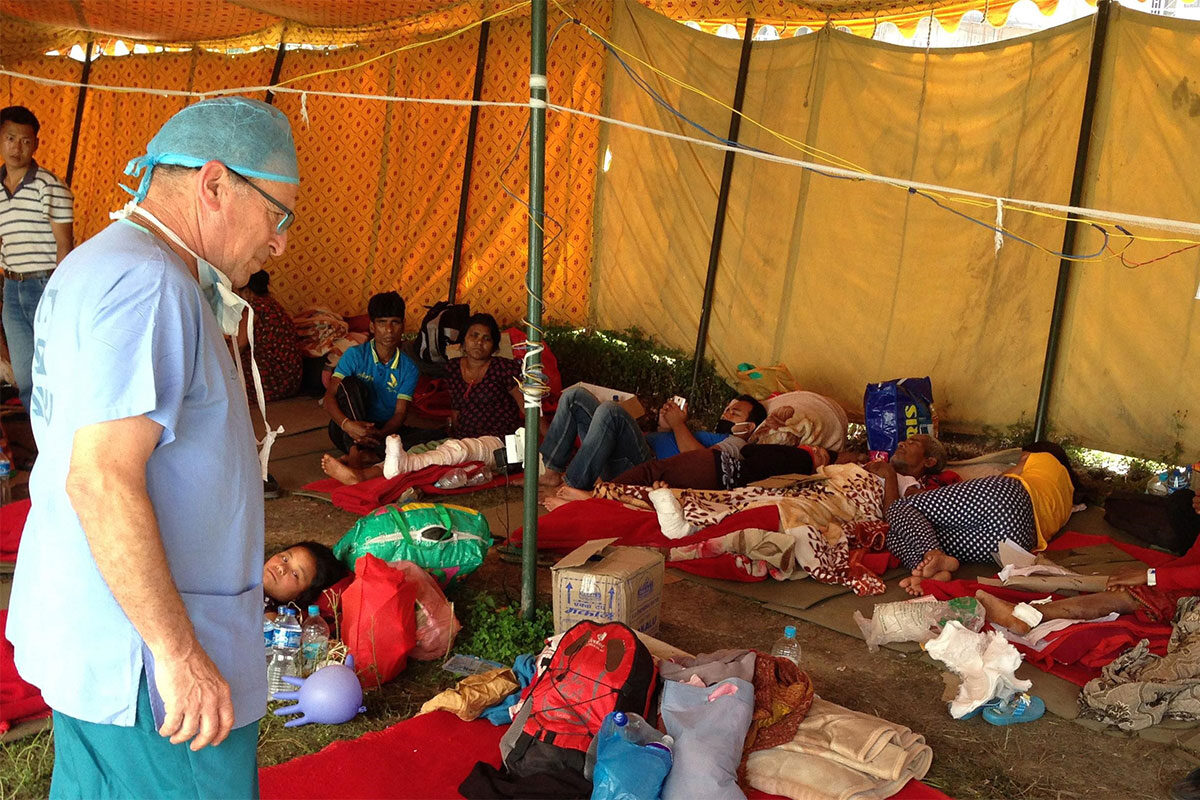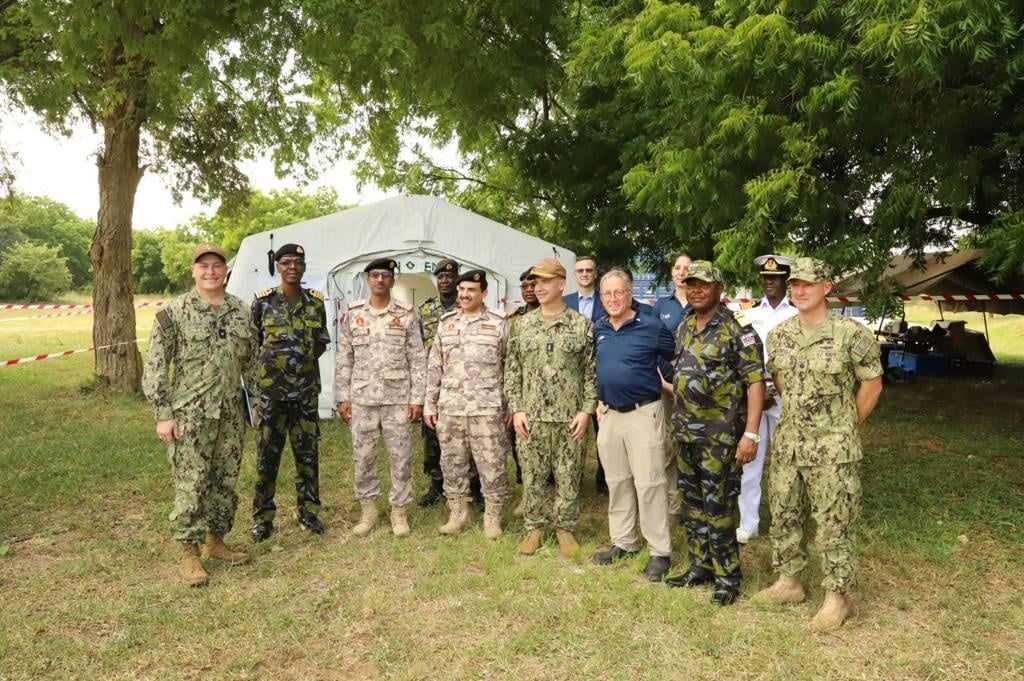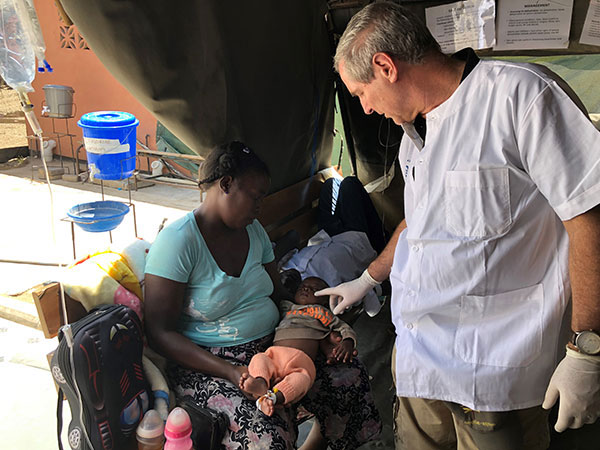
When the world needs Israeli medical help, Israel sends Sheba Medical Center.
Humanitarian aid has been a part of Sheba Medical Center’s mission since its establishment in 1948.
When natural disasters and humanitarian crises strike, the Israel Center for Disaster Medicine and Humanitarian Response at Sheba Medical Center immediately mobilizes and lives are saved.
Over the years, Sheba has initiated successful projects in all fields of medicine and have collaborated with national and international organizations in underserved regions.
These projects include treating patients and training medical personnel on site and bringing complex patients to Israel for continued care and treatment at Sheba.
Explore Sheba’s impact around the world with our interactive map! Click a pin to learn more about the mission.

As the Israeli role in international humanitarian and disaster has expanded, Sheba’s role has expanded with it. When Israel sends a medical delegation to a human disaster, it is usually Sheba staff and equipment.

In recent years, Israel has worked to fulfill the Jewish mandate to be a light unto the nations, in large measure through their international relief work. Sheba is the essential medical part of that effort.
Sheba houses the Israel Center for Disaster Medicine and Humanitarian Response, which leads the way through preparation, response, and training for humanitarian missions worldwide from remote villages in Africa, to Greece, Haiti, Central America, New Guinea, and beyond.
Sheba even deployed a team to Italy to help contain their COVID-19 wave.
The South American country hardly felt the virus last year, but now has the world’s second-highest infection rate and hospitals are under pressure.
An Israeli aid delegation was set to land Tuesday in Uruguay, a country that went almost overnight from a low-COVID oasis to a notorious hotspot with the world’s second-highest rate of new cases.
The four-person team from Sheba Medical Center’s weeklong mission will focus on helping hospitals struggling to cope with the sudden skyrocketing of cases in recent weeks to establish new coronavirus facilities.
For most of 2020, Uruguay, which has a population of just 3.5 million, had very low virus stats. It ended the year with just 181 COVID deaths, but has now seen 2,391, and aside from Cyprus, which just had a sudden spike, has the highest incidence of new cases in proportion to the population.
Some 187,000 Uruguayans have been diagnosed — almost three quarters of them since mid-February, apparently as a result of a variant from neighboring Brazil.
With your help, Sheba’s experts in emergency care and disaster relief can lead the charge in administering humanitarian aid worldwide.